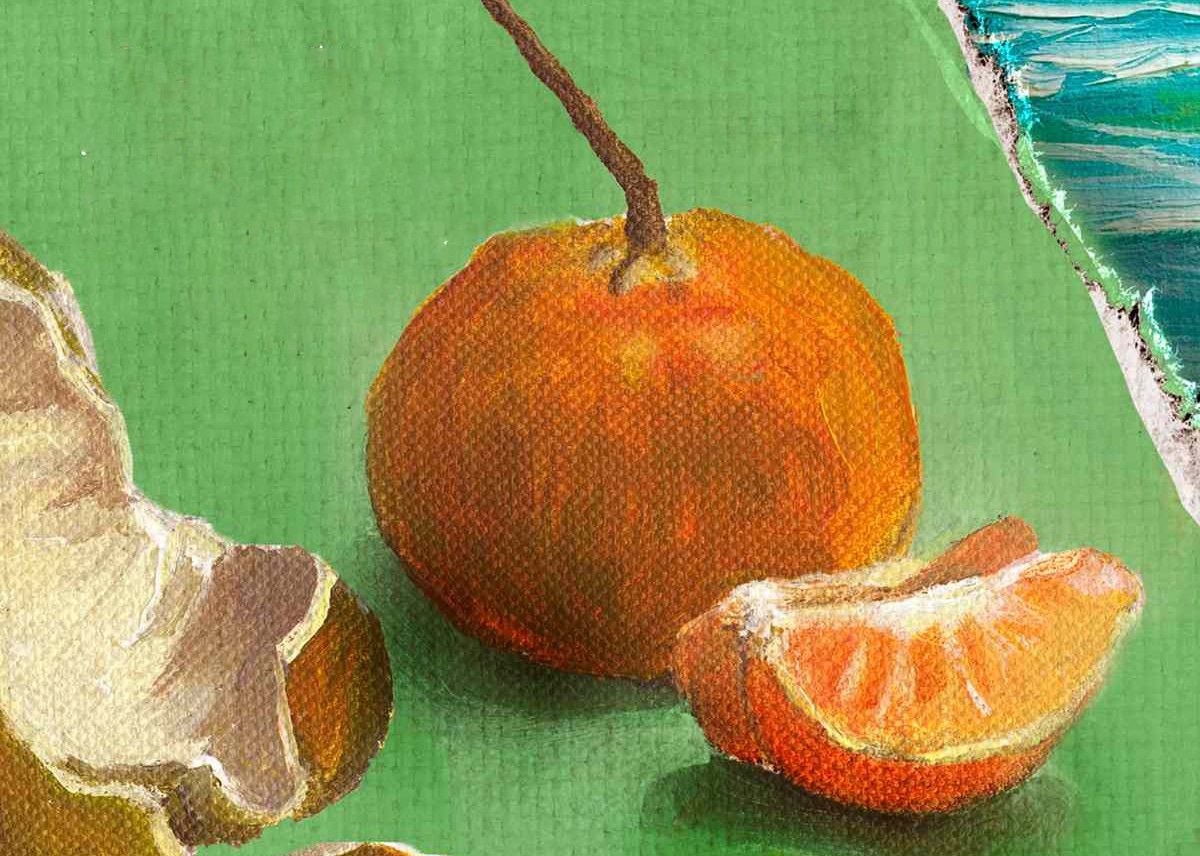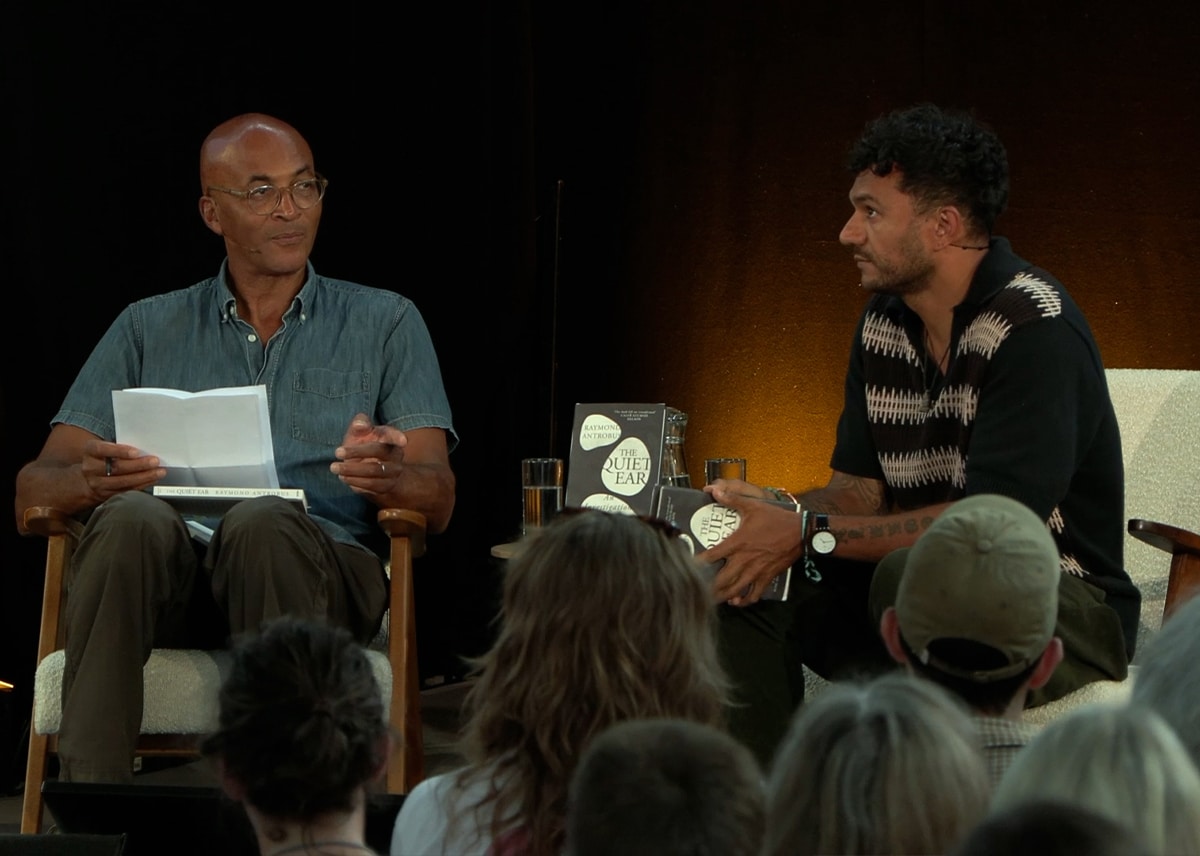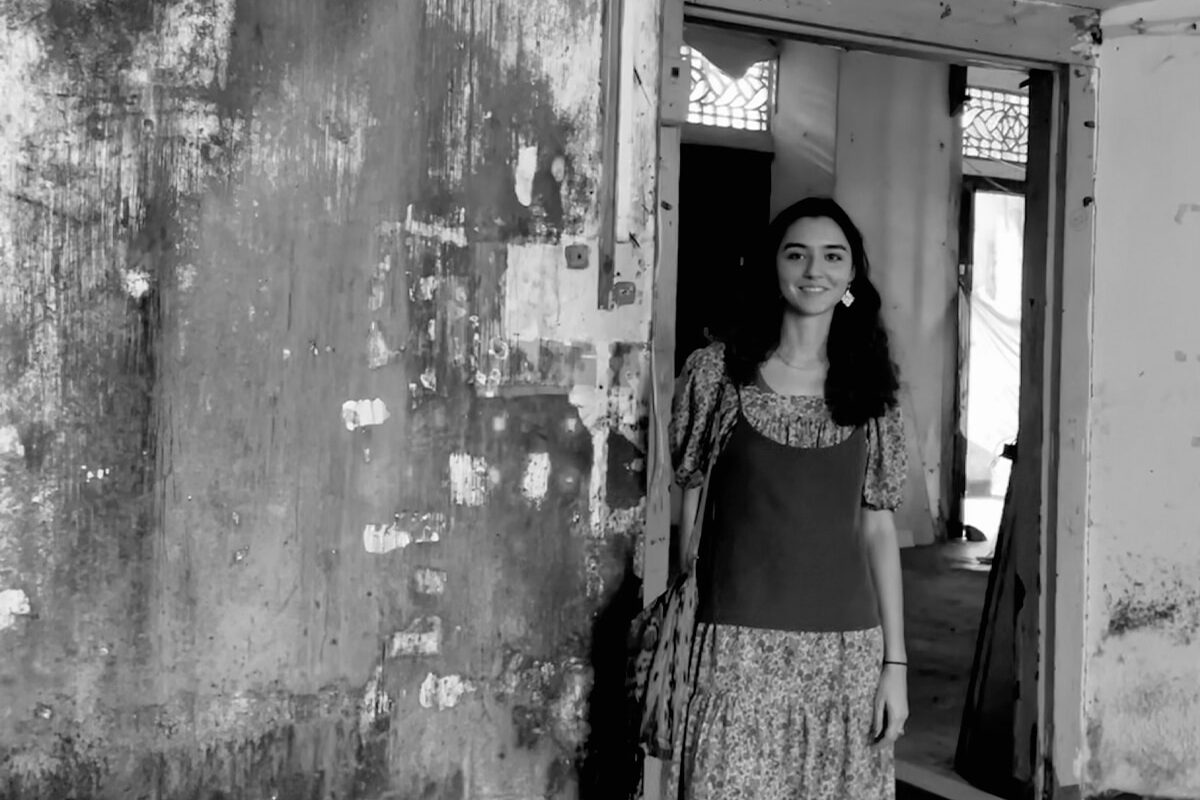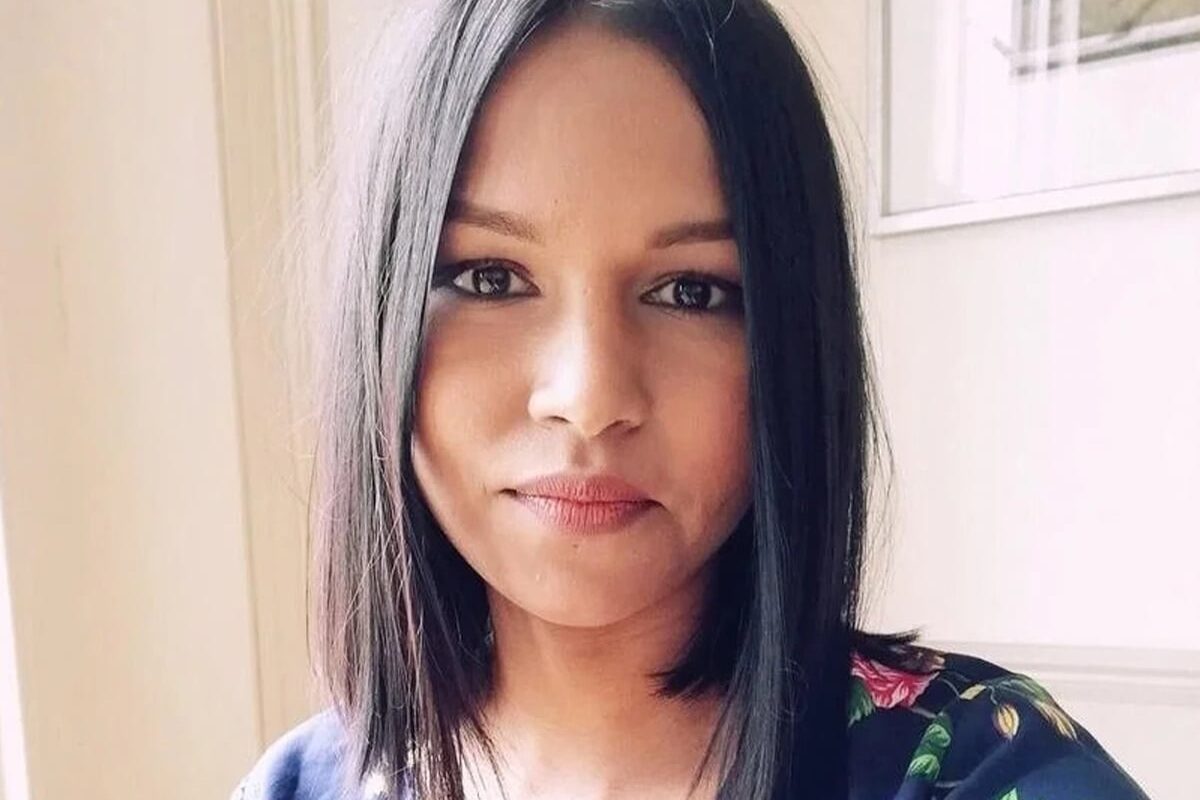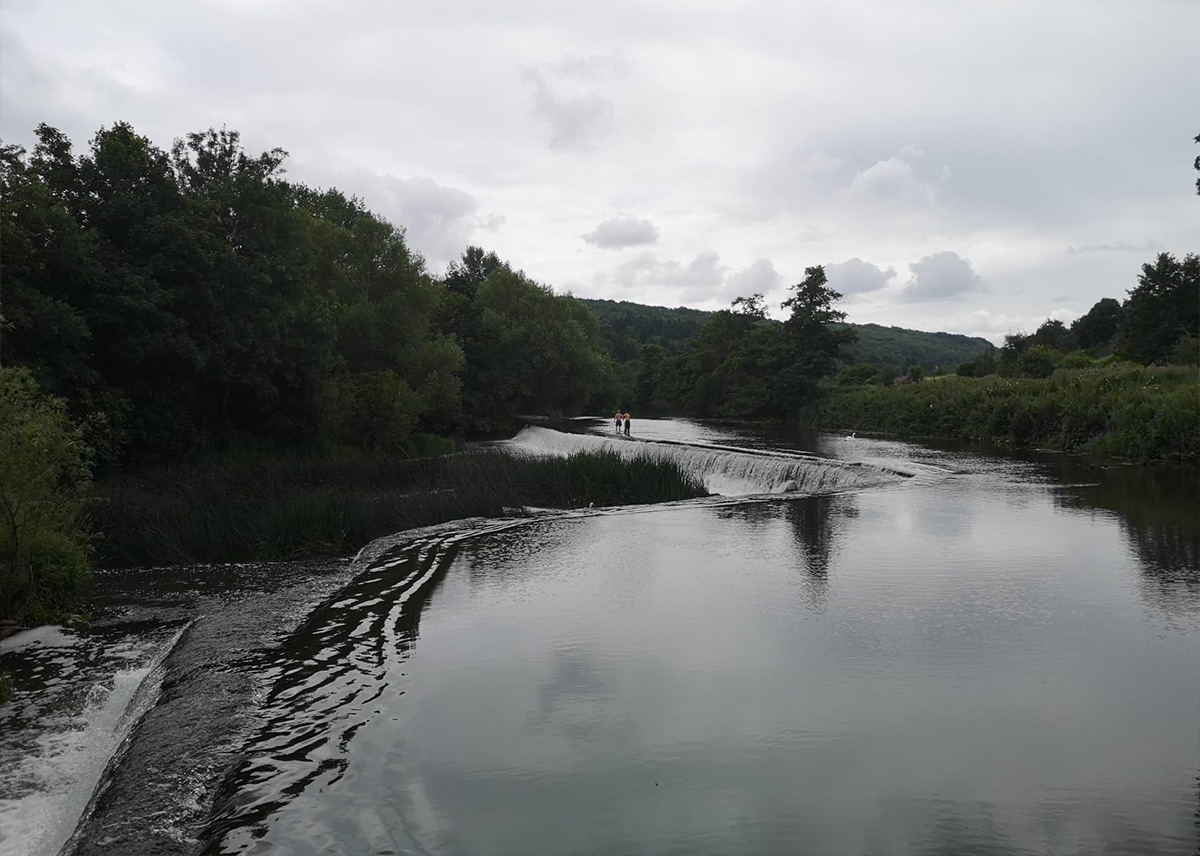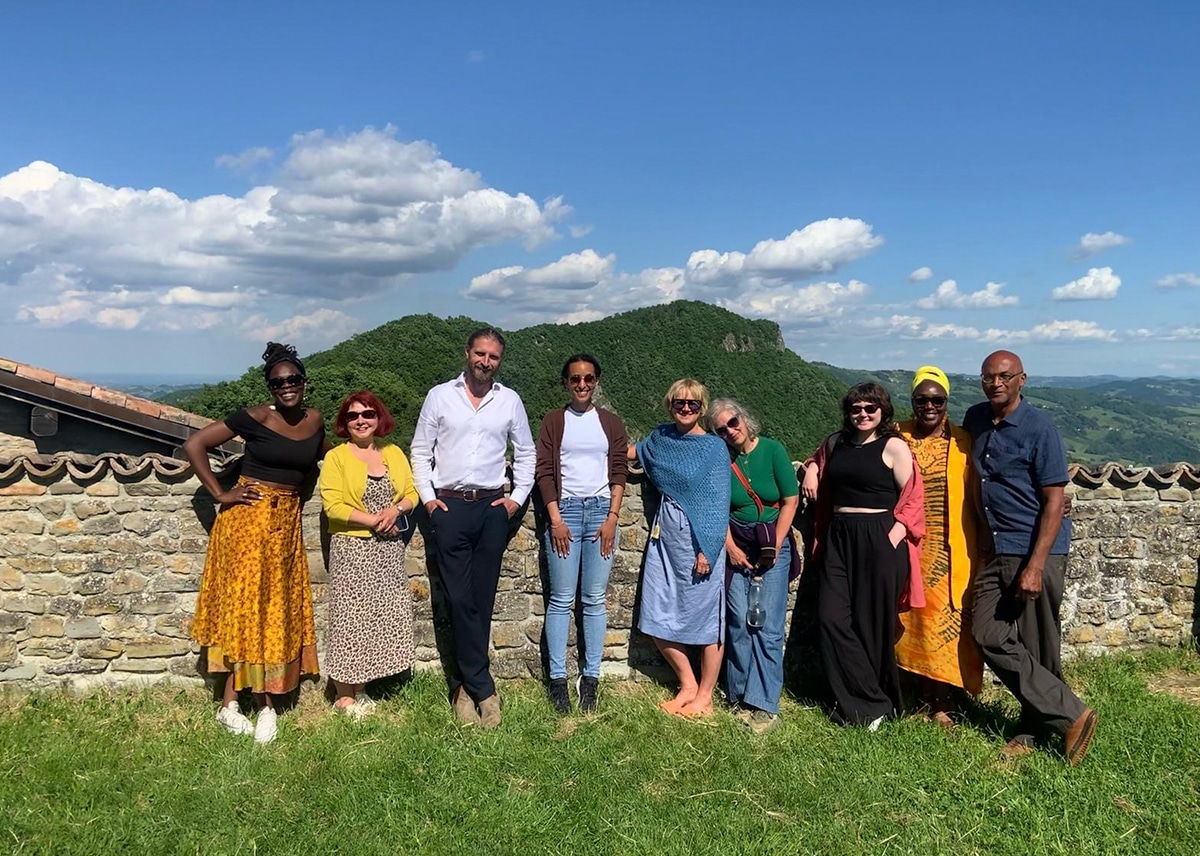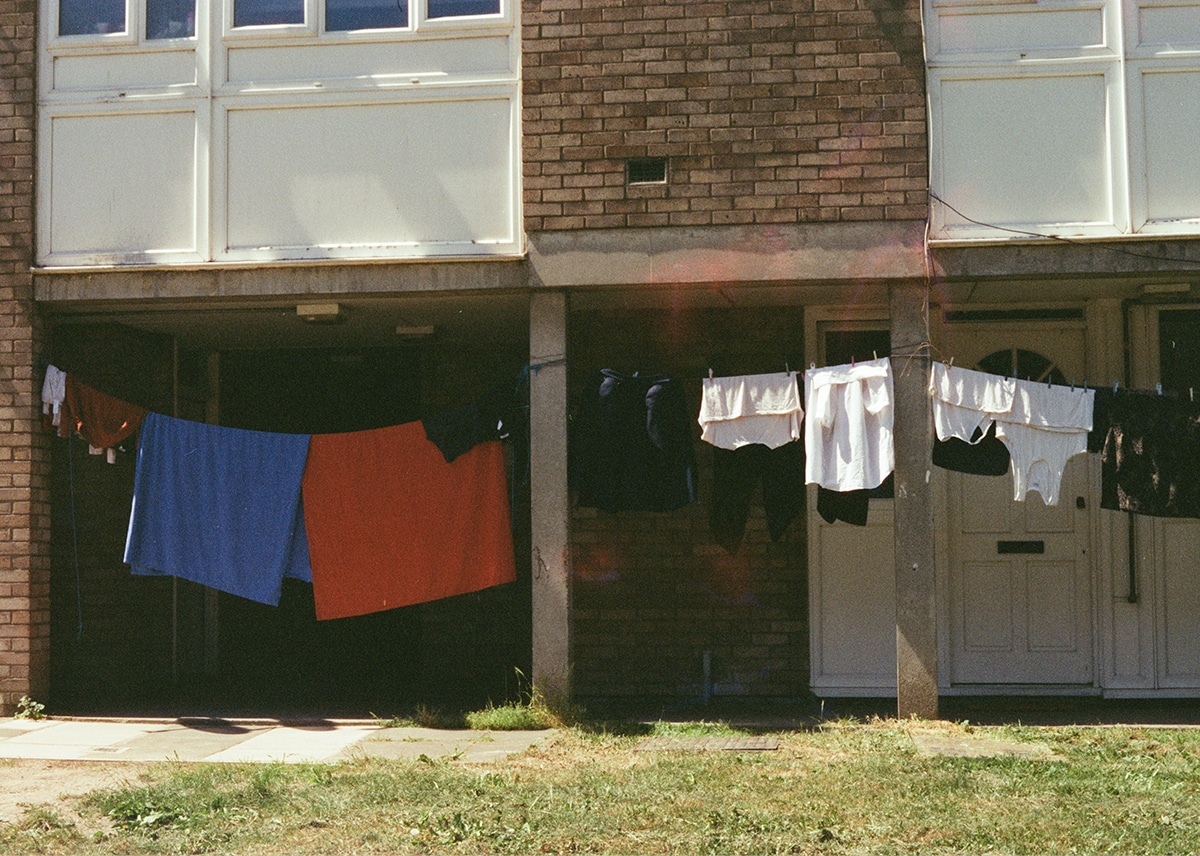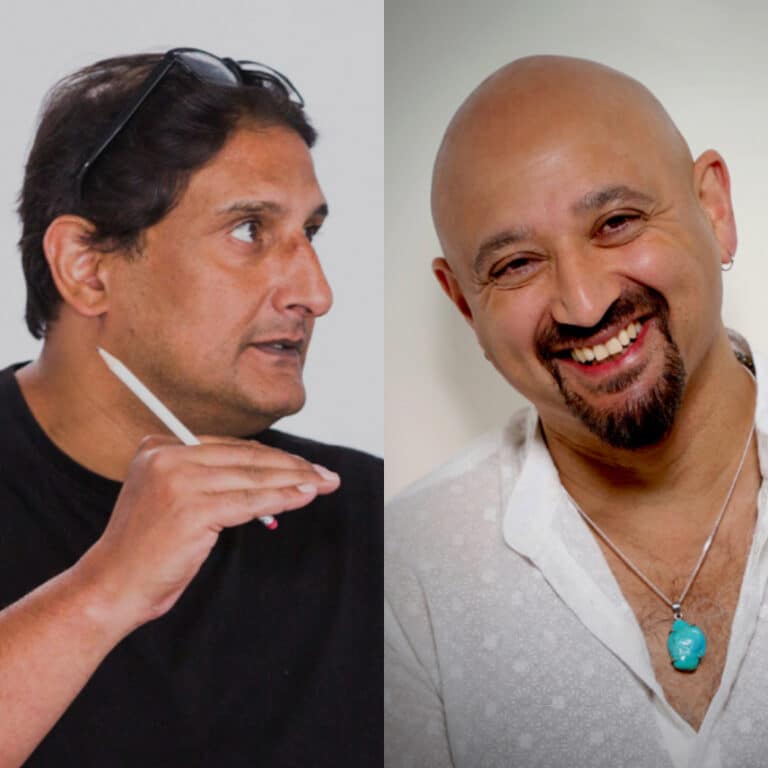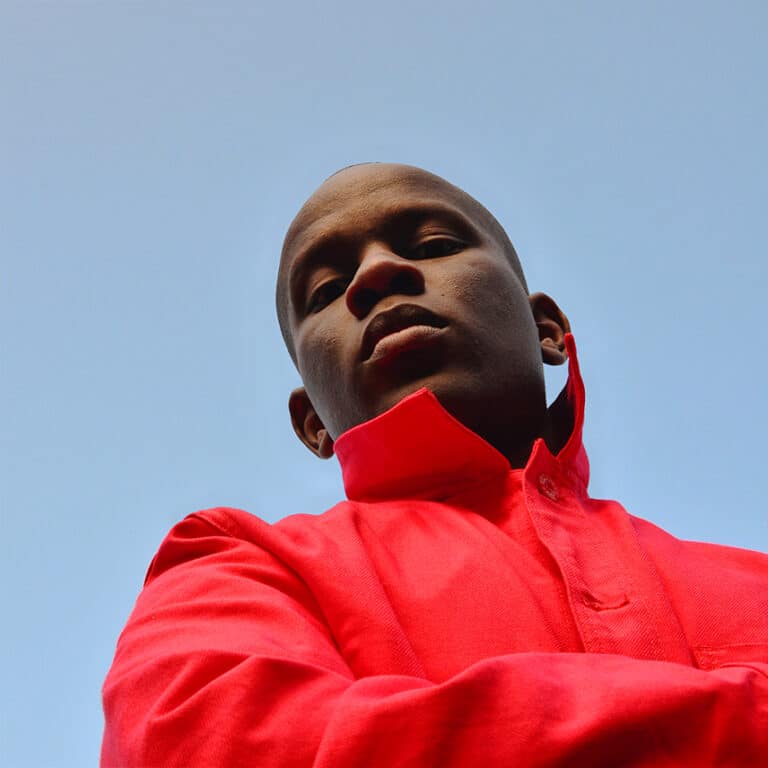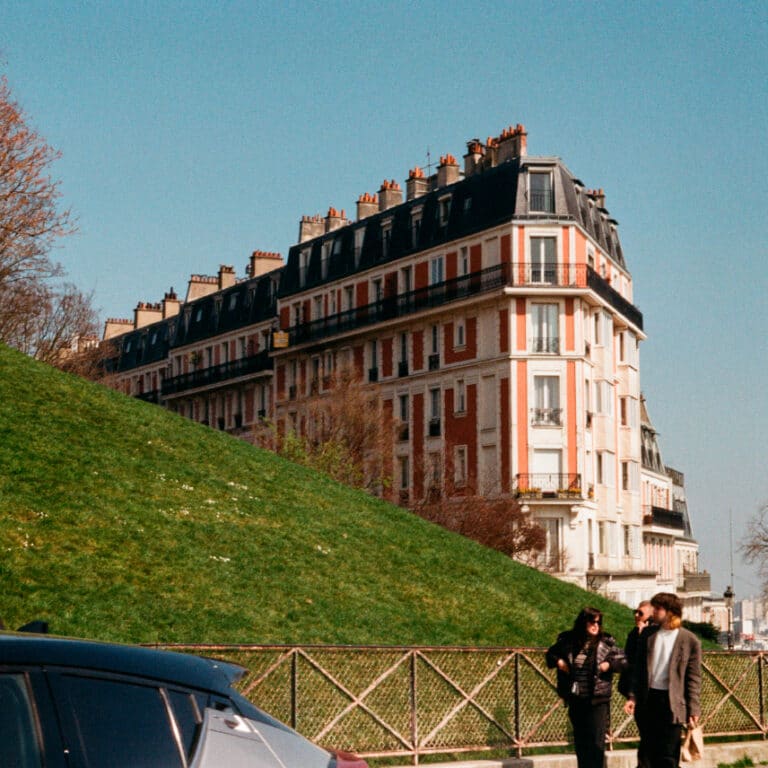The Spirits of the Black Meridian

Dervish Productions UK
Devised and created by Awate Abdalla, Rachana Jadhav, Hassan Mahamdallie, Tyrone Huggins, Monique Walker, Fiona Whitelaw. Scripted by Hassan Mahamdallie.
Review by Naomi Foyle
Two years in the making, Spirits of the Black Meridian, a site-specific theatre piece at the Old Royal Naval College, Greenwich, was performed for just four nights. While flaring briefly, the production remains an incandescent example of theatre as revolutionary act.
Deeply informed by archival research, Spirits of the Black Meridian did not simply bring history to life. Rather, in its immersive synergy of word, wind, music, river, digital media, classical architecture and diverse performers, the show shook the foundations of a place where, down the centuries, the British establishment has delivered suffering and death to enslaved Africans and working-class people. The creative purpose, however, was not vengeance but political transformation. Channelling grief and rage into a production glinting with wit and gleaming with humanity, writer/director Hassan Mahamdallie and the collective presented a kaleidoscopic work of geomancy: a shamanic healing ritual that opened portals to the past and to an egalitarian future long envisioned by our ancestors.
On a cloudy evening, the audience gathered inside the gates of the College. Ahead on the manicured lawn stood the bright figure of the Griot: musician/composer Awate Abdalla, clad, like his sound system cart, in African prints. Against Christopher Wren’s looming columned edifice, Adballa’s vivid presence was a small, commanding flame. Aurally, his atmospheric mix of electronica, multi-instrumentation and found sound had a subliminally haunting effect. When, singing an explicitly colonial version of ‘Onward Christian Soldiers’, four figures in nineteenth-century dress appeared among us, I had a prickling sense that the ‘Spirits of the Black Meridian’ have long been lingering in Greenwich, waiting for us to finally pay them attention.
As the Spirits informed us, the show’s historical starting point was 1884: the year the International Meridian Conference sliced the globe into time zones, centring on Greenwich as the port of the world’s largest Empire, and European powers carved up Africa amongst themselves at the Berlin Conference. From here, we were summoned to witness a Deptford bar fight, and then – the mercurial Joe Conteh quick-changing from pugilistic humour to dignified lament – back a century to hear writer and abolitionist Olaudah Equiano despairing of ever escaping enslavement. Later, the young African American poet Phyllis Wheatley – adeptly conjured by the effervescent Monique Walker – also yearned aloud for her freedom.
Defying stereotypes of victimhood, the show’s time-travelling vignettes deftly skipped between themes of oppression and resistance. Tyrone Huggins compelled as radical orator Robert Wedderburn, conveying a son’s intellectual and moral response to having a rapist slaveowner father; and as the enterprising ‘Black Joe’ – disabled seaman Joseph Johnson who busked, singing sea shanties, with a model of HMS Nelson on his head. In stirring portrayals of impoverished widow Anne Simmons and Chartist organiser Mary Anne Cuffay, Fiona Whitelaw evoked resourceful British histories of suffragism and resourceful interracialized working-class marriages. Drawing the audience into their worlds with humorous provocations, these characters also sparked thoughts of contemporary struggles: Wedderburn’s disquisition on the right of resistance suggesting links with Palestine; Cuffay’s description of a prison ship bound for Van Diemen’s Land painfully calling the Bibi Stockholm to mind.
Wren’s monumental buildings were an imposing backdrop, but Mahamdallie cleverly subverted the classical serenity of the site to suggest threat – ropes that might hang Equiano – or wrested authority, with balconies, steps and royal statues used as platforms for protest or meditations on intergenerational trauma. Designer Rachana Jadhav and Soul City Arts wisely reserved visual digital effects until the end, when darkness fell and a wall of the Royal Naval Hospital hosted footage of old Greenwich pensioners and members of the Windrush generation. Ultimately, in a menacing then rapturous climax, linear history was sucked into a swirl of sharks, seas and galaxies – and Joseph Johnson re-appeared in glorious Sun Ra incarnation, turning time inside out and placing Blackness at the centre of our understanding of the universe.
Word is that Spirits of the Black Meridian will have a ‘second life’. By rights it should be a permanent feature of the London theatre calendar. Given, however, the show’s enormous potential to unite people around issues including anti-racism, economic inequality and the right to protest, more likely it will flash once more across our cultural horizons like a shooting star. Keep an eye out and catch it if you can.
Love forms
The experience of silently reading Claire Adam’s Love Forms is one of immense and daunting loneliness
The Quiet Ear
The Quiet Ear by poet Raymond Antrobus explores what it is to be deaf in the world of the hearing through his own upbringing and the lives of other deaf artists
Nowhere
Khalid Abdalla’s one-man show Nowhere raises questions of 'Who do we feel responsible for?' and ‘What [is] a life worth?’
In Olney River
Exploring the feeling of being watched by white families as a black man, while submerged in Olney River
Time was loud
On breaking free from the stifling demands for efficiency and learning to lean into time at the WritersMosaic Villa Lugara retreat
Wow, diaspora for real
Reflections on diaspora and the fantasy of return through conversations with friends and strangers

Preaching
'Preaching': A new poem by the T.S.Eliot Prize-winning poet Roger Robinson, from his forthcoming New and Selected Poems (Bloomsbury in 2026).
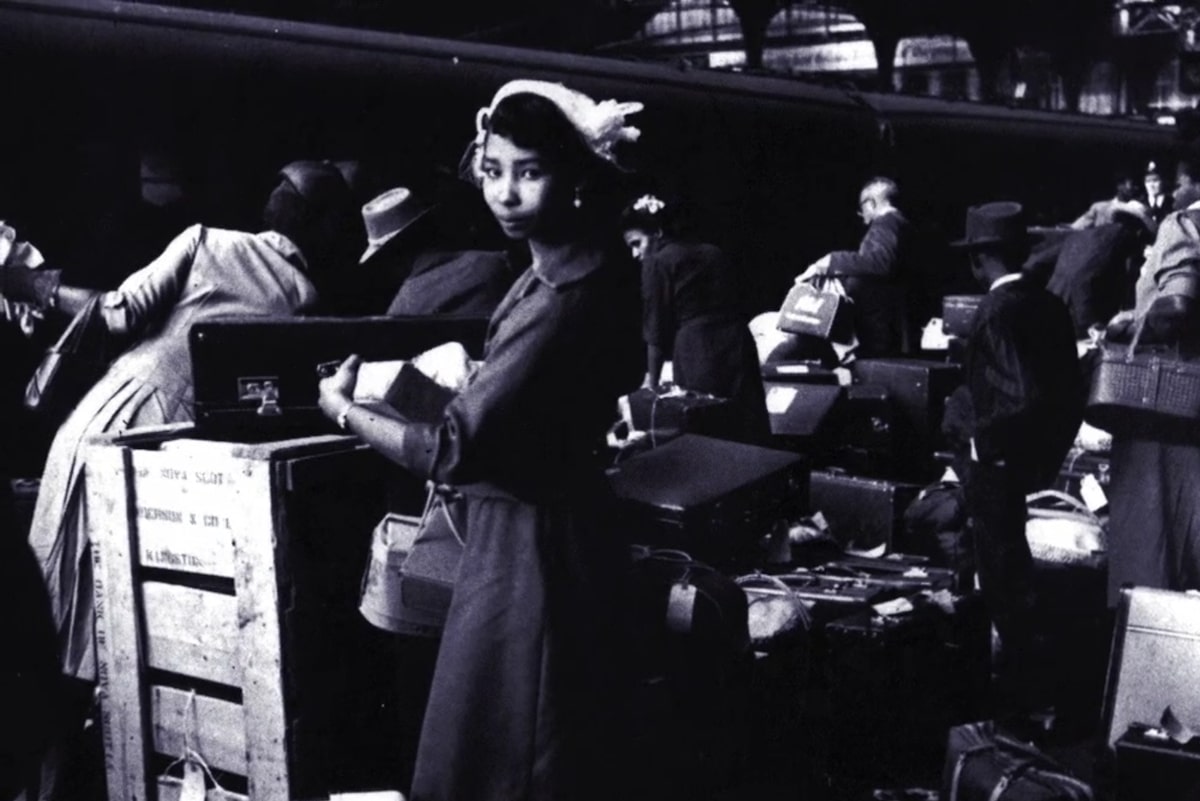
Walking in the Wake
Walking in the Wake was produced for the Estuary Festival (2021) in collaboration with Elsa James, Dubmorphology and Michael McMillan who meditates on the River Thames as we follow black pilgrims traversing sites of Empire.

Illuminating, in-depth conversations between writers.
SpotifyApple Podcasts
Amazon Music
YouTube
Other apps

The series that tells the true-life stories of migration to the UK.
SpotifyApple Podcasts
Amazon Music
YouTube
Other apps

